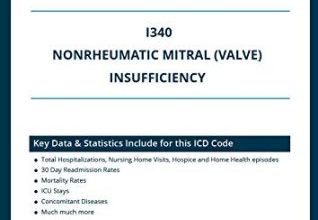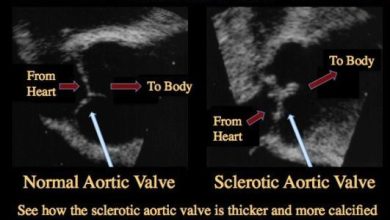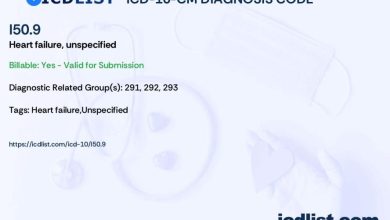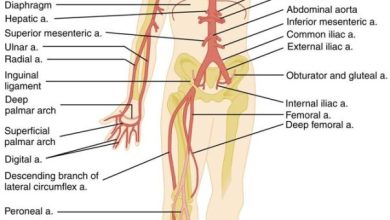Implications Of ICD-10 Coding For GIST Tumors: What You Need To Know
What is ICD-10 code for GIST tumor?
The ICD-10 code for GIST tumor is C49.A0. GIST stands for gastrointestinal stromal tumor, which is a type of cancer that originates in the gastrointestinal tract.
Code Information
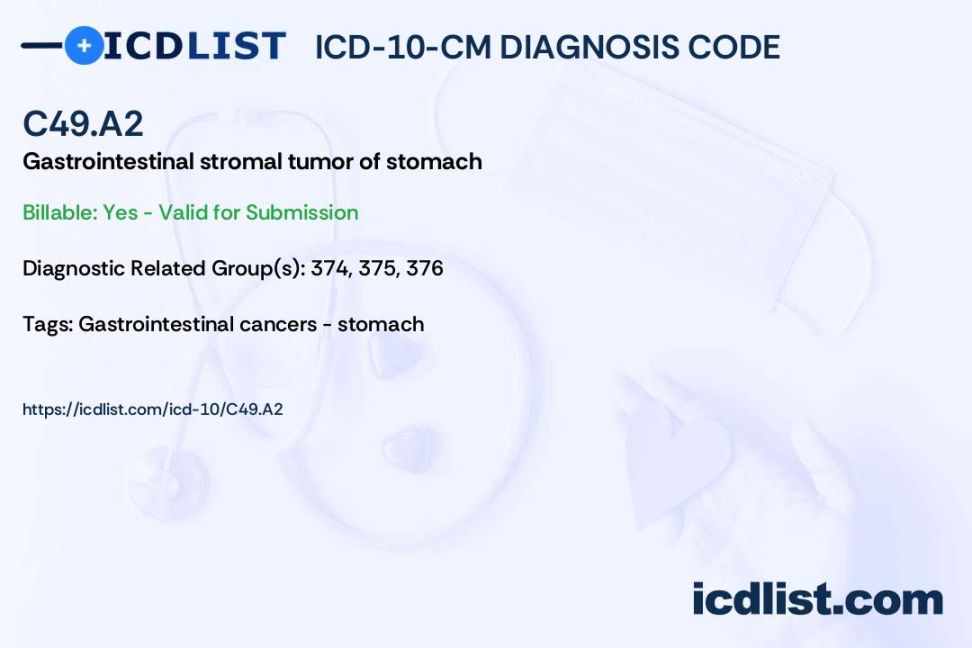
The ICD-10 code C49.A0 is used to classify GIST tumors in medical records for billing and administrative purposes. It helps healthcare providers to track and analyze data related to GIST tumors.
Diagnostic Related Groups (MS-DRG)
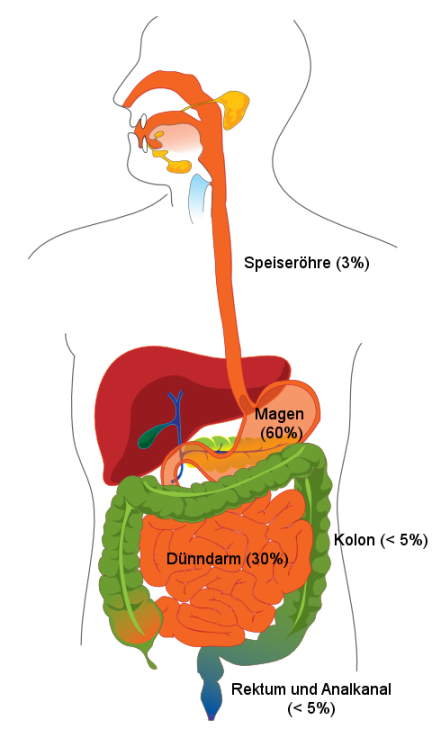
Gastrointestinal stromal tumors are typically assigned to MS-DRG 389 – Digestive Malignancy with Complications or Comorbidities. This DRG helps to categorize patients with GIST tumors based on their diagnosis and treatment.
Convert to ICD-9 Code
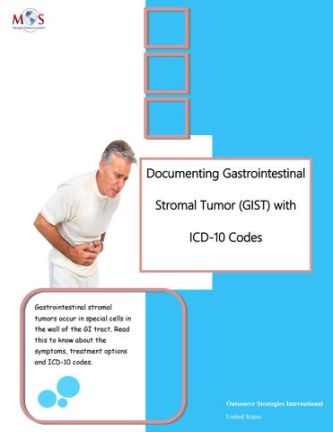
The equivalent ICD-9 code for GIST tumor is 171.5. However, with the transition to ICD-10 coding system, healthcare providers are now required to use the more specific C49.A0 code for GIST tumors.
Code History
The ICD-10 code for GIST tumors was introduced in 2015 as part of the updated coding system. It replaced the less specific ICD-9 code 171.5 to provide more accurate and detailed classification of GIST tumors.
Approximate Synonyms
Some approximate synonyms for GIST tumors include stomach cancer, intestinal cancer, and gastrointestinal sarcoma. These terms are often used interchangeably to refer to the same type of tumor.
Clinical Information
Gastrointestinal stromal tumors are rare, but they are the most common type of mesenchymal tumor in the gastrointestinal tract. They can occur anywhere along the digestive system, but they are most commonly found in the stomach or small intestine.
Causes
The exact cause of GIST tumors is unknown, but they are believed to be caused by mutations in certain genes, such as the KIT gene or PDGFRA gene. These mutations can lead to uncontrolled growth of cells in the gastrointestinal tract, resulting in the formation of tumors.
Symptoms
The symptoms of GIST tumors may vary depending on the location and size of the tumor. Common symptoms include abdominal pain, bloating, nausea, vomiting, and unexplained weight loss. Some patients may also experience gastrointestinal bleeding or obstruction.
Diagnosis
Diagnosing GIST tumors typically involves a combination of imaging tests, such as CT scans or MRIs, and a biopsy to confirm the presence of cancerous cells. Genetic testing may also be performed to identify specific mutations that are driving the growth of the tumor.
Treatment
The treatment of GIST tumors usually involves surgery to remove the tumor, followed by targeted therapy with drugs that inhibit the growth of cancer cells. In some cases, patients may also undergo radiation therapy or chemotherapy to shrink the tumor or manage symptoms.
Conclusion
Overall, the ICD-10 code for GIST tumor (C49.A0) plays a crucial role in the classification and tracking of this rare type of cancer. With accurate coding and proper diagnosis, healthcare providers can effectively manage and treat patients with GIST tumors to improve their outcomes.
FAQs
Q: Can GIST tumors be cured?
A: GIST tumors can be effectively treated with surgery and targeted therapy, but a cure may not always be possible.
Q: Are GIST tumors hereditary?
A: While most GIST tumors are sporadic, some cases may be linked to genetic syndromes, such as neurofibromatosis type 1 or Carney triad.
Q: What is the prognosis for GIST tumors?
A: The prognosis for GIST tumors depends on various factors, such as the size and location of the tumor, as well as the presence of certain genetic mutations.
Q: Is it common to have more than one GIST tumor?
A: Multiple GIST tumors can occur in some patients, especially those with certain genetic syndromes or mutations.
Q: Are there any lifestyle changes that can help prevent GIST tumors?




